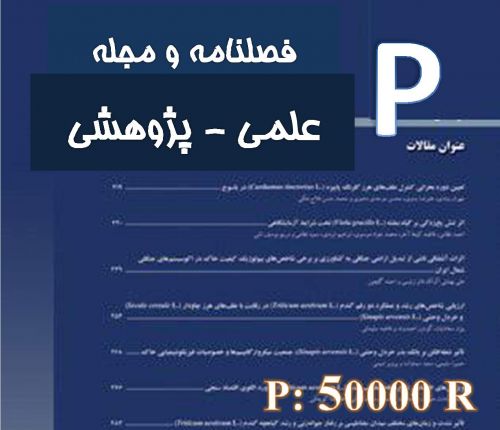This study investigated personal metadiscourse units across genres. Based on Ädel’s (2006) taxonomy of the discourse functions of personal metadiscourse and Leech’s (2014) grand strategy of politeness, three spoken genres were compared in terms of the use of personal metadiscourse functions and politeness maxims. To that end, a 3,034,025-word corpus consisting of Panel discussion in politics, Interviews with actors, and Comedies genres, which included 30 audio and video transcriptions, was developed. Explicitness, world of discourse, current discourse, speaker qua speaker and listener qua listener were used to identify metadiscourse units. We examined the total frequencies of all personal metadiscourse units used in the corpus. The results of corpus analysis showed that 19.6% of metadiscourse units occurred in comedies, which was the highest among the three genres. The most commonly used metadiscourse units appeared in speaker-oriented metadiscourse with 10.2% in interviews. The results also revealed that in panel discussion the speakers focused more on their own ideas than the listeners or participants. Results of chi-square analysis showed that English speakers used speaker-oriented, participant-oriented, and listener-oriented metadiscourse types statistically significantly differently. A statistically significant difference between speaker-, participant-, and listener-oriented units was found. Results also revealed that speakers in different genres are willing to use such maxims as opinion reticence and modesty more frequently than other maxims. The paper concludes with proposing a new model for analyzing metadiscourse.
کلید واژگان :Genres, Metadiscourse, Politeness Principle
ارزش ریالی : 350000 ریال
با پرداخت الکترونیک
